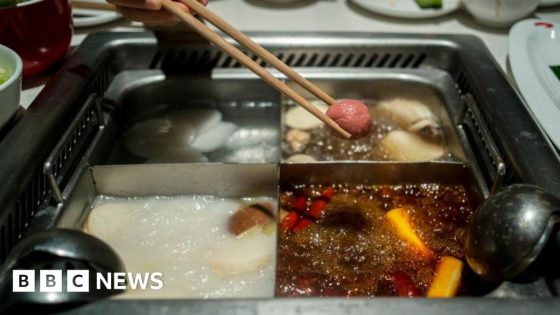Iwao Hakamada, the world’s longest-serving death row inmate, was exonerated in September 2023 after spending nearly 50 years in prison. The 89-year-old from Shizuoka, Japan, was sentenced to death for a 1968 quadruple murder, but new DNA evidence led to his release and a retrial. Hakamada’s case highlights significant flaws in the justice system, including allegations of fabricated evidence and inhumane interrogation methods.
- Iwao Hakamada exonerated after nearly 50 years.
- Convicted for 1968 family murders in Japan.
- New DNA evidence questioned original conviction.
- Received 1.2 million euros in compensation.
- Legal battle led primarily by his sister.
- Previous retrials in Japan also resulted in innocence.
Iwao Hakamada’s case is a significant example of a miscarriage of justice in Japan. After being sentenced to death for the murders of his boss, his wife, and their two children in 1968, Hakamada maintained his innocence throughout his incarceration. His release in 2023 followed a lengthy legal battle, primarily led by his sister, which uncovered new DNA evidence that cast doubt on his conviction.
The Japanese court awarded Hakamada nearly 1.2 million euros as compensation for his wrongful imprisonment. This amount is the maximum allowed under Japanese law, which stipulates compensation of 12,500 yen (approximately 77 euros) for each day spent in detention. Hakamada spent 46 years on death row, making his compensation a reflection of the time lost due to the judicial errors in his case.
- Hakamada was sentenced to death in 1968.
- He spent almost 50 years in prison, including 46 years on death row.
- His conviction was overturned based on new DNA evidence.
- He is the fifth Japanese death row inmate to be exonerated after a retrial.
Despite the compensation awarded, Hakamada’s defense lawyer, Ogawa Hideyo, expressed that no amount of money could truly compensate for the years lost and the suffering endured. The case has raised important questions about the reliability of evidence and the treatment of defendants within the Japanese legal system, emphasizing the need for reform.
Iwao Hakamada’s exoneration serves as a stark reminder of the potential for judicial errors and the enduring impact of wrongful imprisonment. His story highlights the importance of ongoing scrutiny of legal practices to prevent future miscarriages of justice.

































